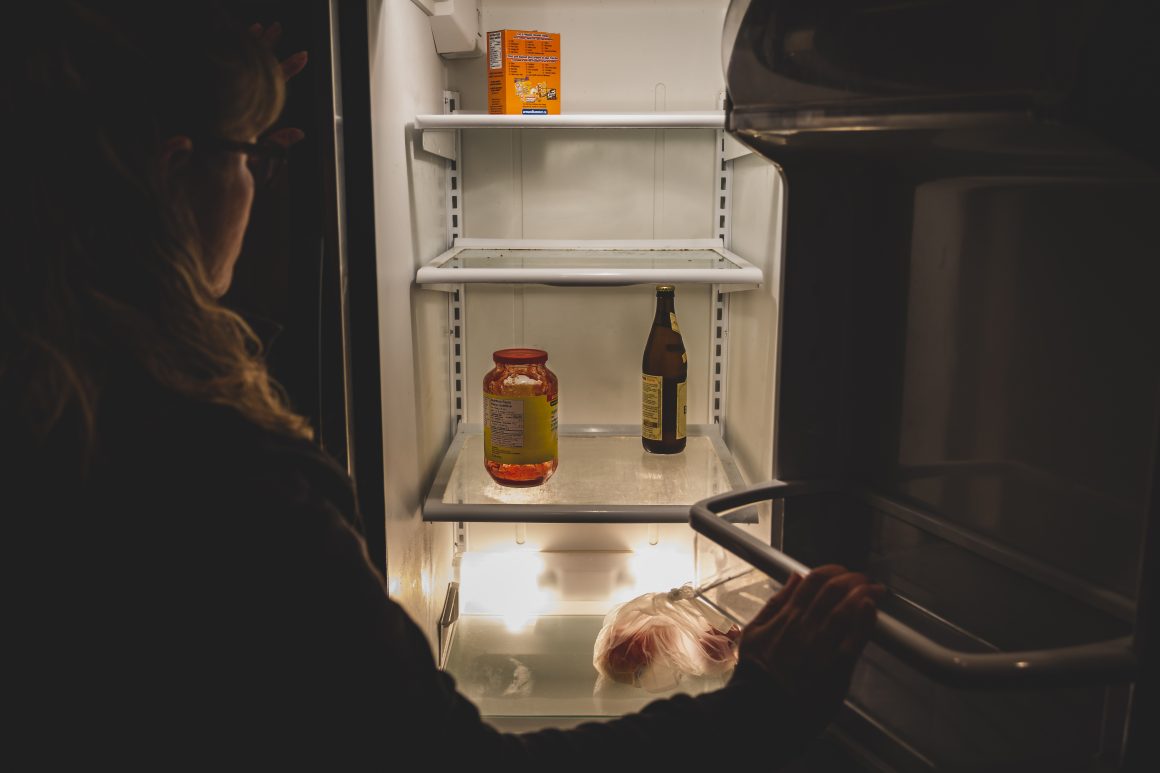
Food insecurity in Alberta: Can oil save us this time?
By Nazeefa Ahmed, September 22 2022—
Food insecurity is on the rise in Alberta. The University of Toronto’s 2021 Household Food Insecurity in Canada Report found that Alberta faces the highest food insecurity among the 10 Canadian provinces. The report used data from 54,000 Canadian households included in Statistics Canada’s 2021 Canadian Income Survey (CIS) and concluded that 20.3 per cent of households in Alberta are food insecure.
“Household food insecurity is a marker of material deprivation, tightly linked to other
indicators of social and economic disadvantage. Households with lower incomes are more
likely to be food-insecure,” read the report.
Alberta also has the highest rates of severe food insecurity in the country at 6.3 per cent — these households have less than three meals a day, or skip multiple meals in a row due to financial constraints. Food insecurity was highest within homes that face the most social determinants, such as single mother, low income and Indigenous households.
Alberta was once the oil province — one that attracted multi-billion dollar companies and created jobs across the socioeconomic ladder. For years, Alberta’s government had a surplus of funds, which they used to increase wages for teachers in 2007 and pension for seniors in Alberta. The problem, however, was the poor management of funds and spending more than necessary when people already had enough. From 2005 to 2006, the Fraser Institute calculated $49.2 billion of excessive spending. Alberta’s poor fiscal policy during booms caused a lack of support for citizens during busts like we see today.
In June 2022, Statistics Canada reported the highest inflation rate since May of 1983. This caused food prices to increase by 9.7 per cent in both May and June of this year. That paired with increases in gas, tuition, rent and other necessities made the cost of living soar in Alberta. Those who were once financially stable are finding it harder and harder to make ends meet.
This is why the record low unemployment of 4.8 per cent in Alberta does not correlate with an increase in financial stability for most. Even though job opportunities are available and being filled rapidly, the average Albertan feels the strain on their pockets.
The quick answer would be to advocate for more relief checks. But putting a bandaid over a pulsing wound is futile. Relief checks only increase inflation further by pouring more money into the economy.
However, there seems to be a glimmer of hope at the end of the tunnel. High demand for Albertan oil in 2022 led to a surge of profit in the energy sector. Finance Minister Jason Nixon is using the surplus to repay $13.4 billion in debt. He described the importance of fiscal discipline and being strategic about money during booms.
“We remain focused on using the surplus wisely, to benefit Albertans today and tomorrow,” said Nixon. “Alberta’s government is staying the course on sound fiscal management to strengthen the province’s finances.”
Though it may be too late to support Canadians now, Nixon’s strategy is a step in the right direction. It is because of a lack of funds from past booms that Albertans are facing the consequences far worse than any other province.
As the Bank of Canada and our finance minister work to curb the rising cost of living, Albertans are looking into their communities for support.
Mac Nichol, Lethbridge Food Bank Executive Director has noticed an uptick of working class people accessing their services.
“We have quite a few clients that have jobs, that are 9–5 jobs and they’re still not making enough money for themselves and their families,” said Nichol. “That seems to be the hardest part — they’re working and they still can’t get over that poverty line.”
Calgarians can look to community fridges like the Hatch and Calgary Community Fridge for instant relief. For receiving a more constant stream of food, families and individuals with low income can register at the Calgary Food Bank or receive meals at The Mustard Seed.
Alberta, once the golden province of opportunity and surpluses, is now scratching the bottom, causing financial strain on the most vulnerable members of its population. Proactively demanding financial responsibility from our government ensures that the most vulnerable members of society are cushioned from the effects of inflation and do not have to struggle to afford a basic living expense.
This article is part of our Opinions section.
